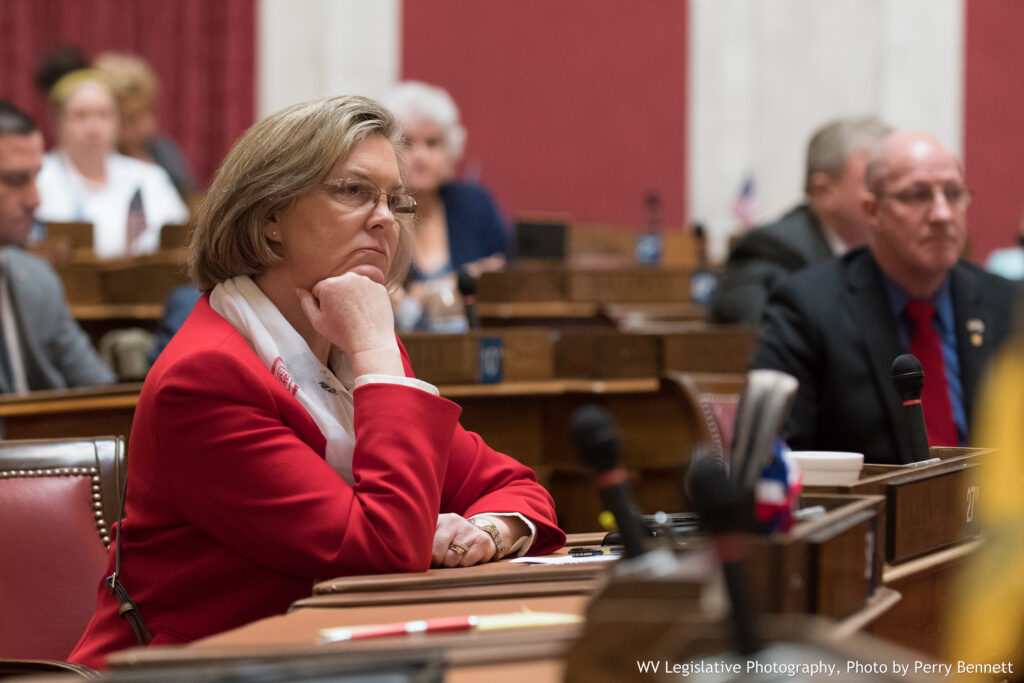The official advocate for foster children in the state system may soon have more power to look out for their rights.
House Bill 3061, concerning the authority of the Foster Care Ombudsman (FCO) passed the West Virginia House of Delegates unanimously Wednesday.
During the 2019 and 2020 legislative sessions, House Bills 2010 and 4094, allowed for an independent FCO in West Virginia.
FCOs are required to have experience as a former foster parent or experience in the area of child welfare. They advocate for the rights of foster children, investigate and resolve complaints, and provide assistance to foster families, among other responsibilities.
“This bill permits the foster care ombudsman (FCO) to monitor, investigate and review issues with the child welfare system from intake to when the child ages out and foster children within the juvenile justice system,” said Del. Amy Summers, R-Taylor, lead sponsor of the bill. “It adds language which protects the ombudsman from being compelled to testify or produce evidence in a proceeding on investigations. But the ombudsman may be called before LOCHRRA to testify on actions carried out by the office, but not the substance of an official investigation. It prohibits other state agencies or officials from preventing the release of reports by the ombudsman. These changes bring added accountability to the child welfare system, and I urge passage.”
Del. Matthew Rohrbach, R-Cabell, also spoke in favor of the legislation, noting the many discussions surrounding the West Virginia Department of Health and Human Resources (DHHR) this legislative session.
“This is an important bill. We’ve all sat here for several years and worked on our problems with foster care and CPS,” Rohrbach said. “What this legislature is attempting to do with this bill is to put some real accountability and enforcement into the data collection and the ability to enforce and see what’s going on. This frees up the omsbudsmans to give them much more control. And I’m 100 percent for this because this, as well as some other things that we’re doing in DHHR, in the Office of the Inspector General, is really going to help to make this system accountable, which I think is something that everybody in here wants.”
House Bill 3061 is now headed to the Senate.




















